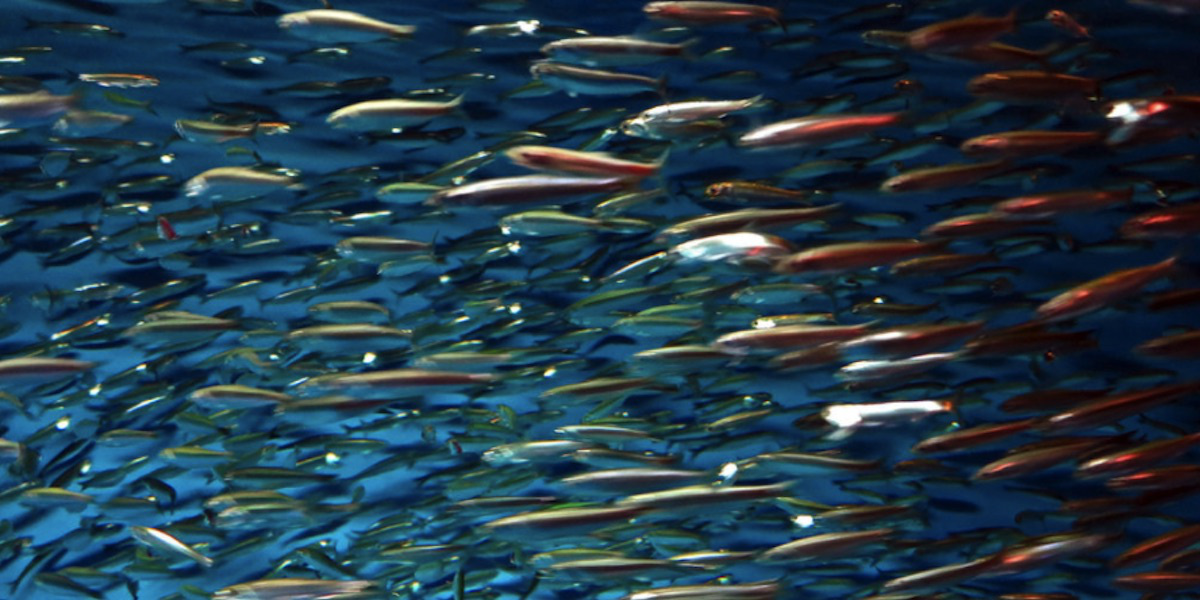

We know that the
massive amount of plastic that’s continually dumped into our oceans can end up in the stomachs of marine species (and ultimately on our plates), but why would they want to eat it?
Well, new research suggests that fish are not just accidentally gobbling up our plastic trash—they could be actively seeking it out because they like how the debris smells and are confusing it for their natural prey.
The study, published Wednesday in the journal
Proceedings of the Royal Society B, presents “the first behavioral evidence that plastic debris may be chemically attractive to marine consumers.”
“These chemical cues may lure consumers, such as anchovy, into regions of high plastic density and activate foraging behaviors, thus making it difficult to ignore or reject plastic items as potential prey,” the paper states.
As
New Scientist explains from the study, when plastic enters the ocean, the debris gets quickly covered by algae and releases an odor similar to krill, the natural prey for certain fish such as anchovies. The smell of the plastics then sets off the anchovies’ foraging and feeding behavior.
Matthew Savoca, from the NOAA Southwest Fisheries Science Center in Monterey, California and the lead author of the study, told to the Guardian, “When plastic floats at sea its surface gets colonized by algae within days or weeks, a process known as biofouling. Previous research has shown that this algae produces and emits DMS, an algal based compound that certain marine animals use to find food. [The research shows] plastic may be more deceptive to fish than previously thought. If plastic both looks and smells like food, it is more difficult for animals like fish to distinguish it as not food.”
And yes, the study also suggests that since these fish are confusing plastics for food, it could impact species that are higher up on the food chain, including humans.
“Given the trophic position of forage fish, these findings have considerable implications for aquatic food webs and possibly human health,” the authors conclude.

 233k
233k  41k
41k  Subscribe
Subscribe 